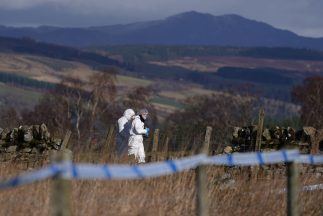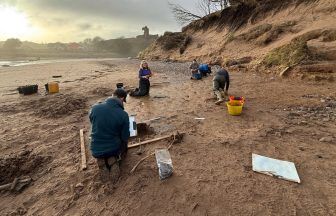An action plan aimed at reducing drug deaths in Dundee is set to be delayed.
A report to go before councillors next week says coronavirus has stalled some of the 12 key priorities made in response to the city’s drugs commission.
The latest progress report details a number of achievements, and outlines how services across agencies have adapted in the face of the pandemic and given “immediate and flexible responses to emerging issues”.
But there’s concern that any delay will put vulnerable drugs users at greater risk of dying.
Council leader John Alexander, who is also chair of the Dundee Partnership, said: “From the outset we were confronting huge challenges, but we have been tackling these problems in the face of the biggest health emergency in living memory.
“I would like to pay tribute to everyone involved in this effort as it has proved how agencies and individuals are committed to helping people in this city have better lives away from the scourges of drugs and addiction.”
Dundee City Council’s policy and resources committee, which meets on Monday, will consider a progress report on the implementation of the Dundee Alcohol and Drug Partnership – Action Plan for Change.
The Dundee Partnership – made up of representatives from key local public agencies, academic institutions and representatives of the business, voluntary and community sector – published the action plan last year following a report by the Dundee Drugs Commission.
A non-fatal overdose rapid response team and better access to naloxone, which reverses the effects of drugs, are helping to tackle the problem.
But the coronavirus pandemic is presenting a number of challenges for people who use substances, according to NHS Tayside’s Associate Director of Public Health, Emma Fletcher.
She said many users have significant underlying health conditions and, therefore, may be more vulnerable to infection.
She added: “In Tayside, we have been working closely with all our partner agencies to ensure the continued safe prescribing of opioid substitution therapy at this time, supporting people who were isolating or shielding and continuing to provide assertive outreach following a non-fatal overdose.”
Follow STV News on WhatsApp
Scan the QR code on your mobile device for all the latest news from around the country



























